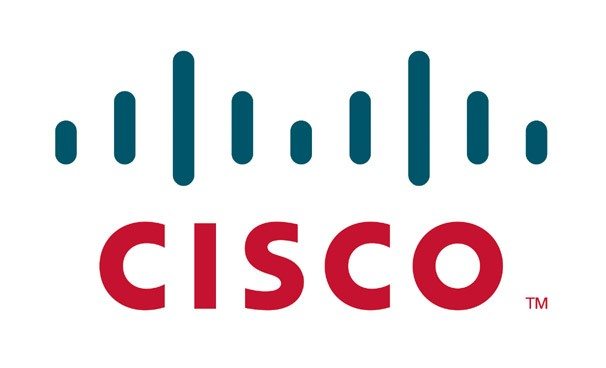
Interesting debate on LinkedIn's Payment Systems Network, where someone asked a question about what methods to use to control data entry errors in remittance processing and whether there are any strategies to follow.
Martin Jermann, a consultant with the United Nations, responds:
I work for the United Nations and we make payments all over the world in almost every currency to almost every country.
When I first came to the UN, our STP (Straight Through Processing) was only 34%. So, only 1 out of 3 of our payments were reaching our beneficiaries. In addition, our banks were getting rich off of us by our lack of knowledge on how to make international payments.
I worked in a bank prior to my career at the UN and that is why they hired me.
I introduced the following changes and we took our STP from 34% to our current rate of 99%.
How?
We introduced standards.
We adopted the ISO 20022.
We cleaned up our database of Master Banks so that there were no duplicate Master Banks (all account holders with similar banking instructions [i.e., the same National ID sort code] were put together and then attached to their unique SWIFT code).
We use Oracle as our ERP and Oracle has very poor banking standards - so what we did was customize our Oracle module so that it includes:
- Bank rules by country
- Monthly updates directly from SWIFT that we interface into Oracle
Now when a user enters new banking instructions into Oracle, Oracle takes the IBAN and then breaks it into its individual components [i.e., sort code, bank account number] and then it links to its proper SWIFT BIC code using the SWIFT SEPA IBAN cross reference product so that we get the EXACT SEPA routing.
All of this standardization of our database and the customization of our Oracle banking module took our STP from 34% to 99%.
We also dropped our banking charges from $42,000 per month in error charges to just a little over $7,000 per month.
Not bad.
Now instead of making our banks rich we can focus on helping out the poor people in the world, our UN Mission.
Lastly, all of this standardization also allowed us to switch from 2 corporate worldwide banks to just 1 and we can now channel payments as SWIFT messages and in some countries as low value local domestic payments for further savings - where the SWIFT message costs us about 2.50 Euro and the local domestic payments between 25 and 50 cents (USD).
Not bad.
All of this because we cleaned up our Oracle Bank Master File which allowed us to leave our former corporate banks.
Let me know if you need additional information.
Now, there's some food for thought.
*
The Finanser and the Cloud Computing survey is sponsored by Cisco:

For details of sponsorship email us.
Chris M Skinner
Chris Skinner is best known as an independent commentator on the financial markets through his blog, TheFinanser.com, as author of the bestselling book Digital Bank, and Chair of the European networking forum the Financial Services Club. He has been voted one of the most influential people in banking by The Financial Brand (as well as one of the best blogs), a FinTech Titan (Next Bank), one of the Fintech Leaders you need to follow (City AM, Deluxe and Jax Finance), as well as one of the Top 40 most influential people in financial technology by the Wall Street Journal's Financial News. To learn more click here...

